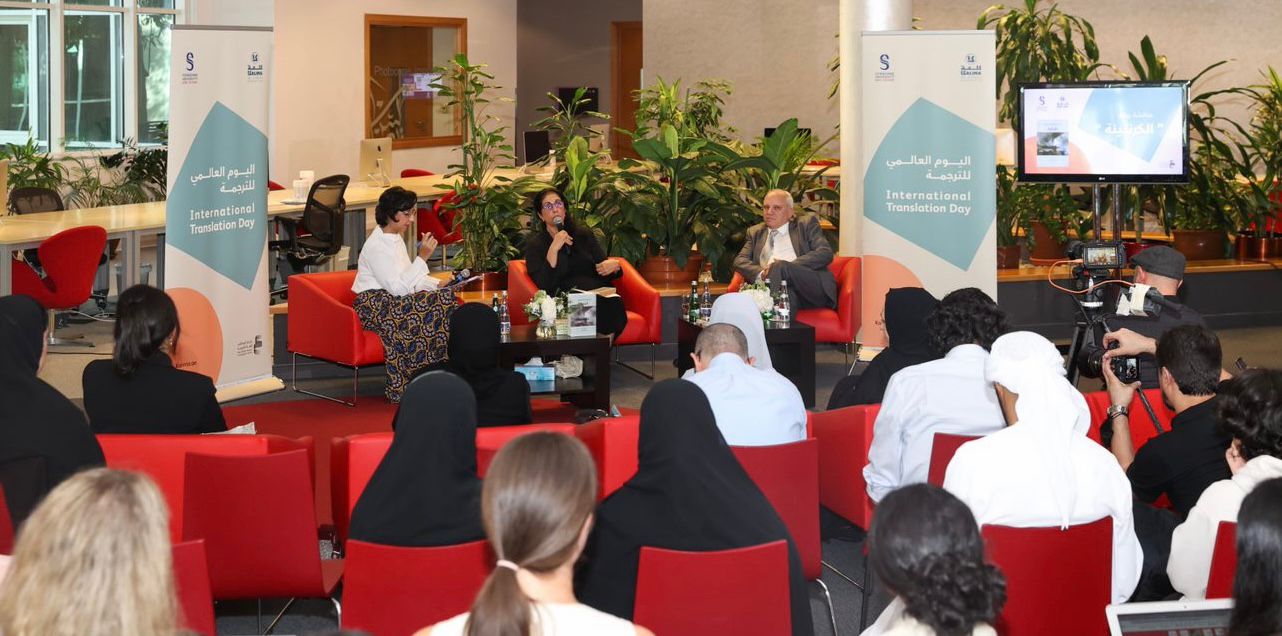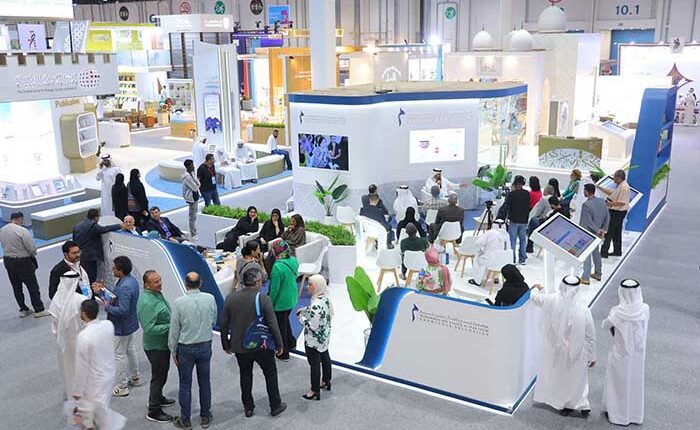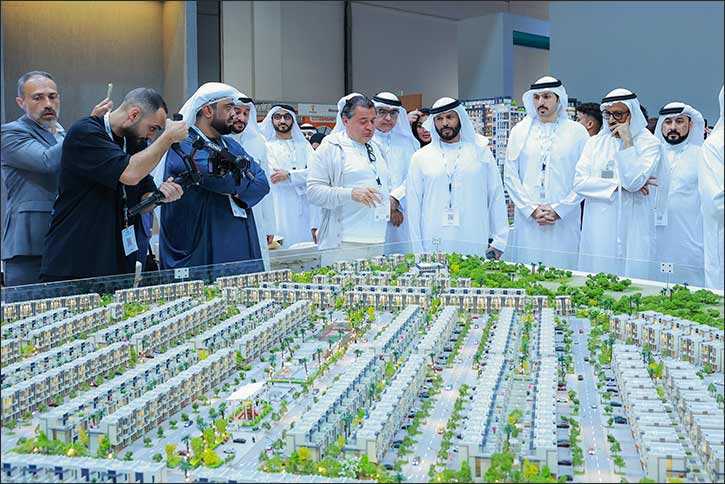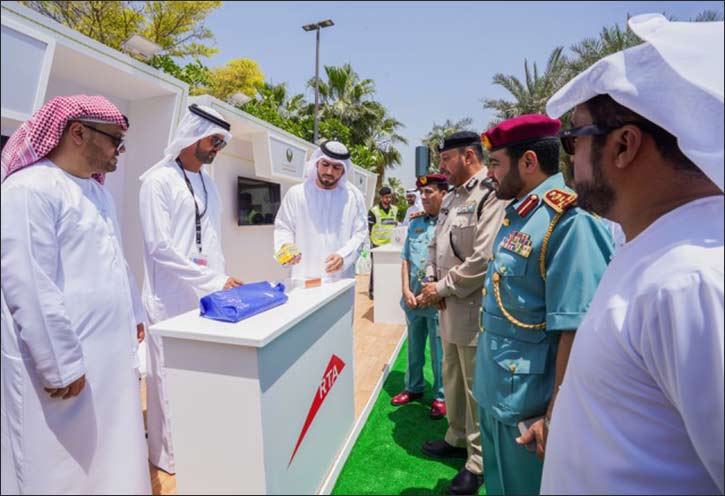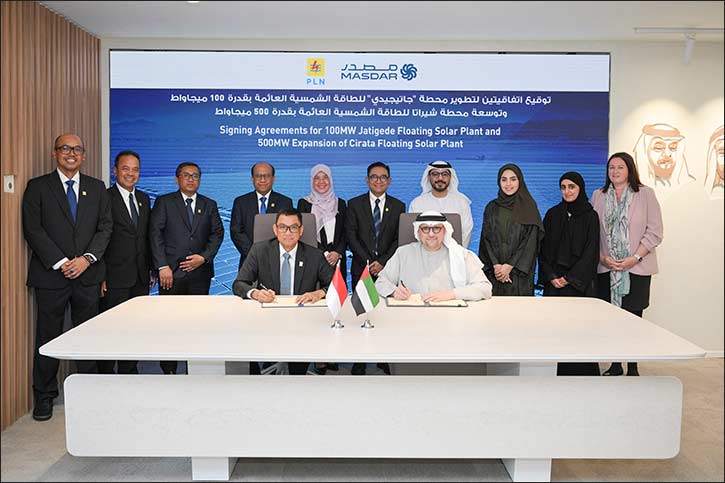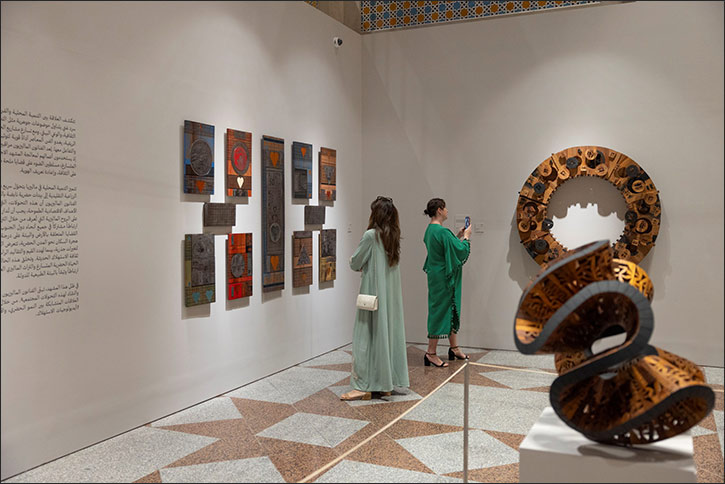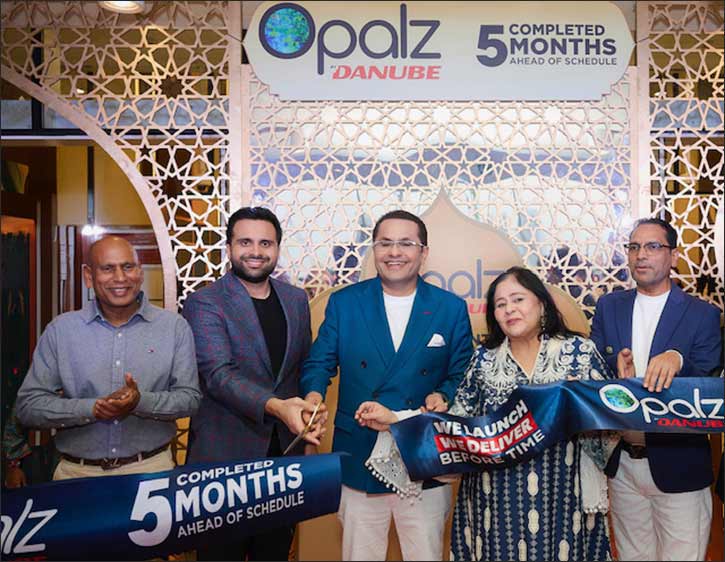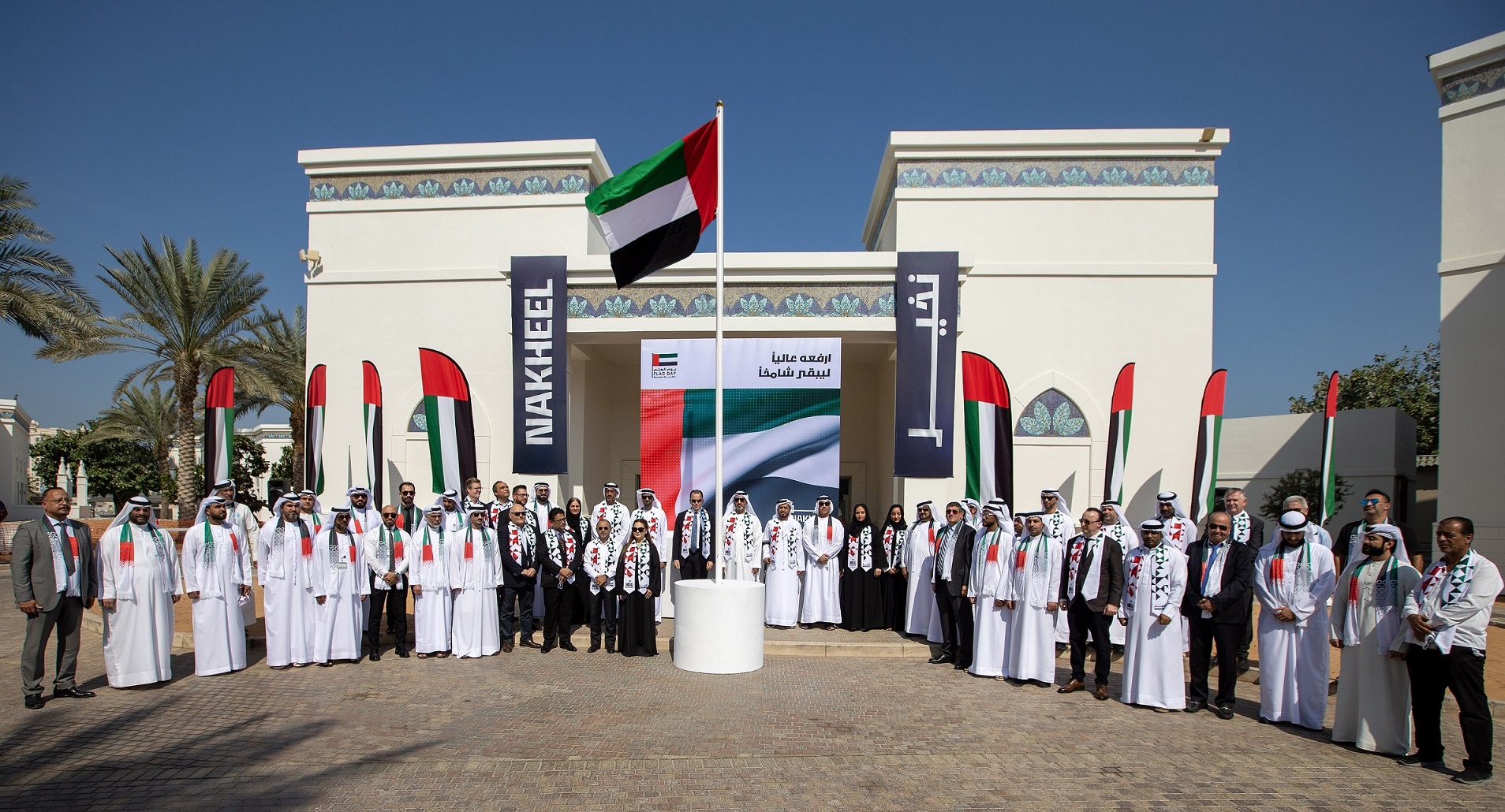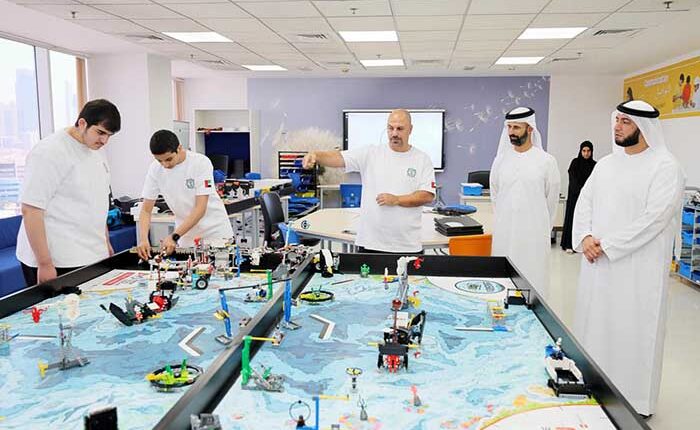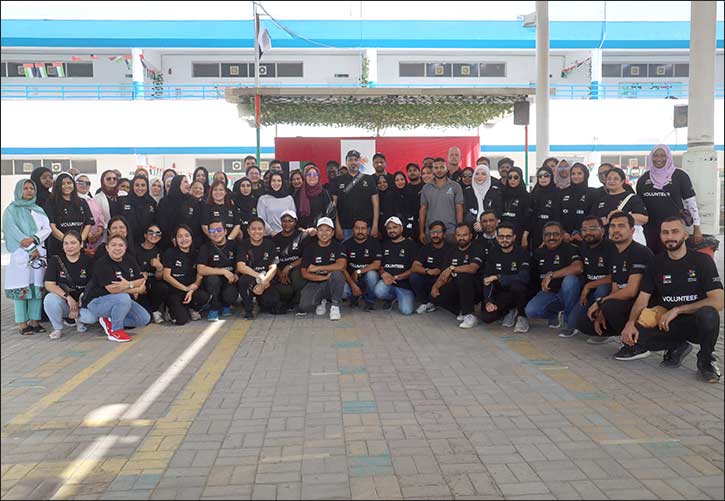In cooperation with Sorbonne University Abu Dhabi, Centre hosts Kalima Reading Club event to discuss ‘La Quarantaine’ by Jean-Marie Gustave Le Clézio
The Abu Dhabi Arabic Language Centre (ALC), part of the Department of Culture and Tourism – Abu Dhabi (DCT Abu Dhabi), has marked this year’s International Translation Day with a special panel discussion of a renowned French novel.
Organised in cooperation with Sorbonne University Abu Dhabi, the Kalima Reading Club event explored ‘La Quarantaine’, written by Jean-Marie Gustave Le Clézio, translated into Arabic by Jordanian writer Noha Abu Arqoub and published the Kalima Translation Project.
The event, hosted by Sorbonne Abu Dhabi, was part of the ALC’s cooperation with the foremost educational institutions in the region. It also supported the ALC’s mandate to enrich and promote the Arabic language through culture, education, research and the arts.
The panel discussion included Dr. Mohamed Ait Mihoub, Tunisian author and Professor of Arabic Language and Literature at Zayed University in Abu Dhabi; and Professor Hana Sobhi, Professor in French Language and Literature at Sorbonne University, and was moderated by Eman Turki, Editorial projects manager at ALC.
His Excellency Dr. Ali Bin Tamim, Chairman of the ALC, said: “Translation is a unique tool in sharing cultures, identities, histories and heritage between societies and it is an integral part of any global literary and intellectual movement. In celebrating this International Translation Day event, we have helped highlight the importance of translation in cultural and knowledge exchange, promoting dialogue between peoples and bringing minds closer together.
“To support consolidating cultural ties between civilisations, we launched the Kalima Project, which is an ambitious initiative to revive and support the translation movement in the Arab world. Our belief is that it advances the effective cultural work undertaken in Abu Dhabi and strengthens its leadership on the cultural map regionally and internationally, supporting a new generation of translators, as well as enriching culture and science in the Arabic language.”
‘La Quarantaine’ was one of four French literature works selected by the Kalima Project that examine pandemics, alongside ‘Le Hussard Sur le Toit’ by Jean Giono, ‘La Guerre Insaisissable’ by Jean-Marc Moura, and ‘Géopolitique du Moustique’ by Erik Orsenna and Isabelle De Saint-Aubin.
In ‘La Quarantaine’, Le Clézio describes the fate of three late 19th century travellers who are sailing to Mauritius to claim their family inheritance. Enroute, a smallpox epidemic breaks out among passengers and crew, forcing them all into quarantine on a small, uninviting island. The stay soon becomes a bitter imprisonment experience, exacerbated by behaviours and mindsets of the passengers.
Le Clézio, a Nobel Literature Laureate, was born in Nice, France in 1940. Growing up, he was exposed to many different cultures within his environment, which shaped his literary works.
The book's translator, Noha Abu Arqoub, a Jordanian writer, was born in the city of Dura in Hebron, Palestine and holds a Bachelor’s degree in Modern Languages from Yarmouk University in Jordan. Her translated works include ‘El Escritor y el Otro’ by Carlos Liscano, ‘Obras Completas Y Otros Cuentos’ by Augusto Monterroso, ‘The Human Cannon’ by British playwright Edward Bond, ‘L'Alphabet du Matin’ by Alice Rivaz, ‘El Regreso del Joven Príncipe’ by Argentinian author Alejandro Guillermo Roemmers, and ‘También Esto Pasará’ by Milena Busquets. Her book of poetry translations is soon to be published by the Kalima Project.
International Translation Day takes place on September 30 each year to honour language professionals and to acknowledge the global importance of translation.
-Ends-
